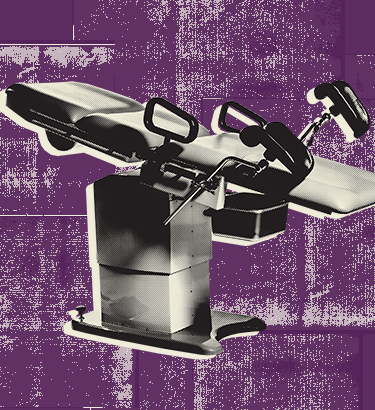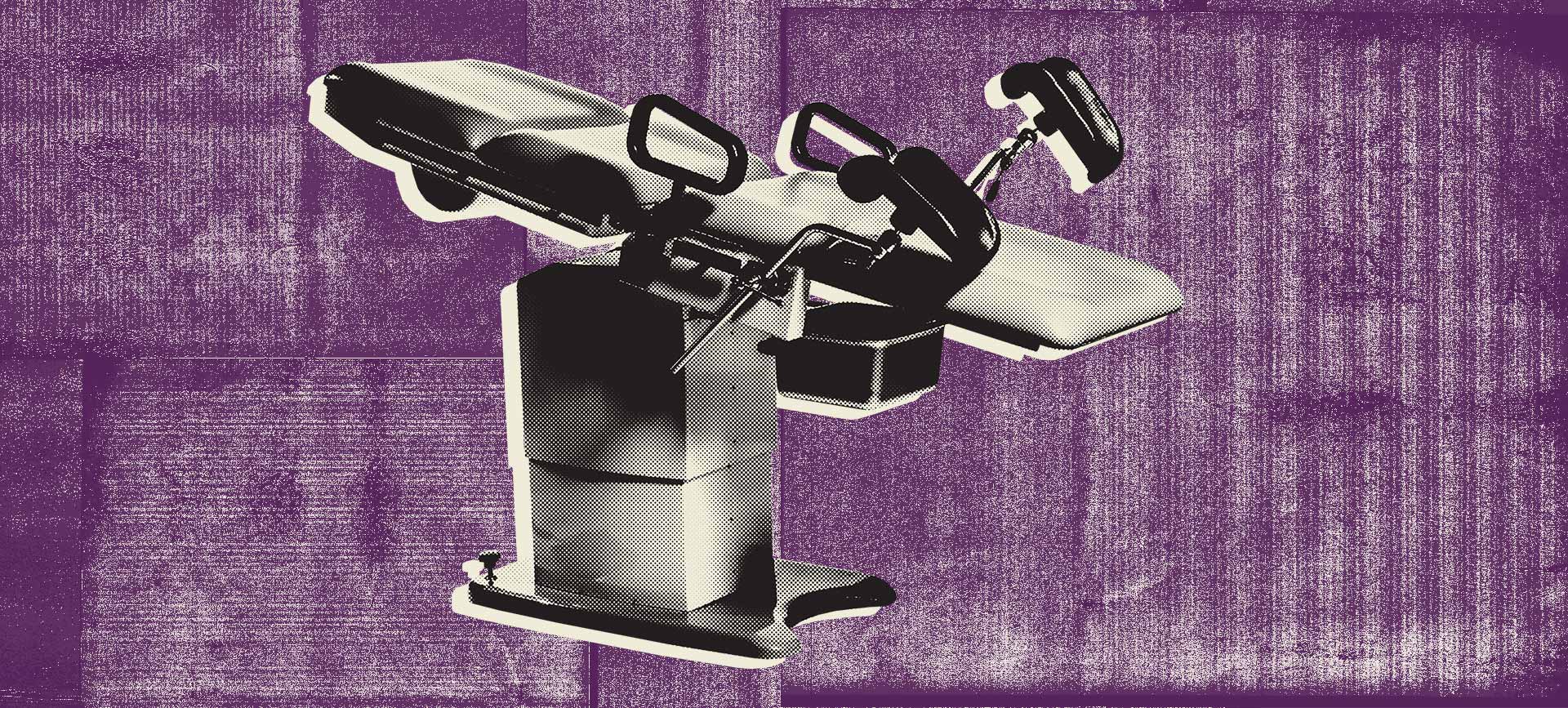"There's a natural similarity between reproductive rights and transgender rights," said Mercedes Sanchez, director of development and community education at Cedar River Clinics in Washington state. "It's all about autonomy, bodily autonomy, and being able to make the choices for ourselves." Sanchez sees the fight for reproductive rights and transgender rights as intertwined. And, in fact, they are.
It is essential for healthcare providers to be aware of intersections of oppression from race, socioeconomic status, sex assigned at birth and current gender status, so patients can feel safe and included in medical spaces. To state that abortion services are cis people's health concern excludes trans and nonbinary people's experiences.
Sanchez explained that some people believe trans and nonbinary folks receive special care.
"But it's not true," she said. "It's just the same healthcare you use for everyone else but just coming at it in a more respectful and inclusive way."
Sanchez's experience speaks to how pervasive cisnormativity—assuming all patients are cisgender—in medical and healthcare spaces can be. Such injustices prevent practitioners and staff from creating inclusive spaces and actually harm and injure trans and genderqueer patients.
A 2020 Guttmacher Institute study on abortions reported that about 530 trans and nonbinary people had abortions in 2017, many of which were performed at clinics that did not have transgender-specific care. In addition to exclusive services, dangerous setbacks, including state abortion bans in the wake of the Supreme Court's ruling on Dobbs v. Jackson Women's Health Organization, will harm not only cis women but also trans men and nonbinary people. All marginalized communities will feel the ripple effect of this monumental decision that overturned federal abortion rights in the United States.
According to the Guttmacher report, only 23 percent of abortion clinics in the United States even provide transgender-inclusive or specific care. Cedar River has worked to increase that number by supporting other clinics in expanding their understanding, education and services with the Transgender Healthcare Toolkit.











